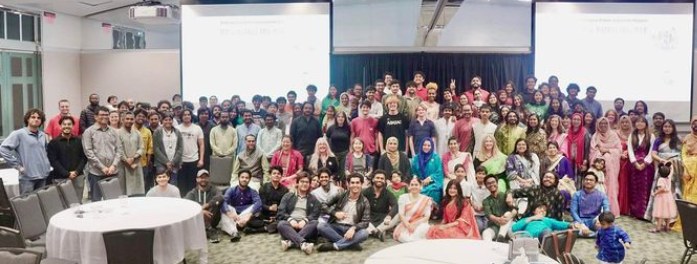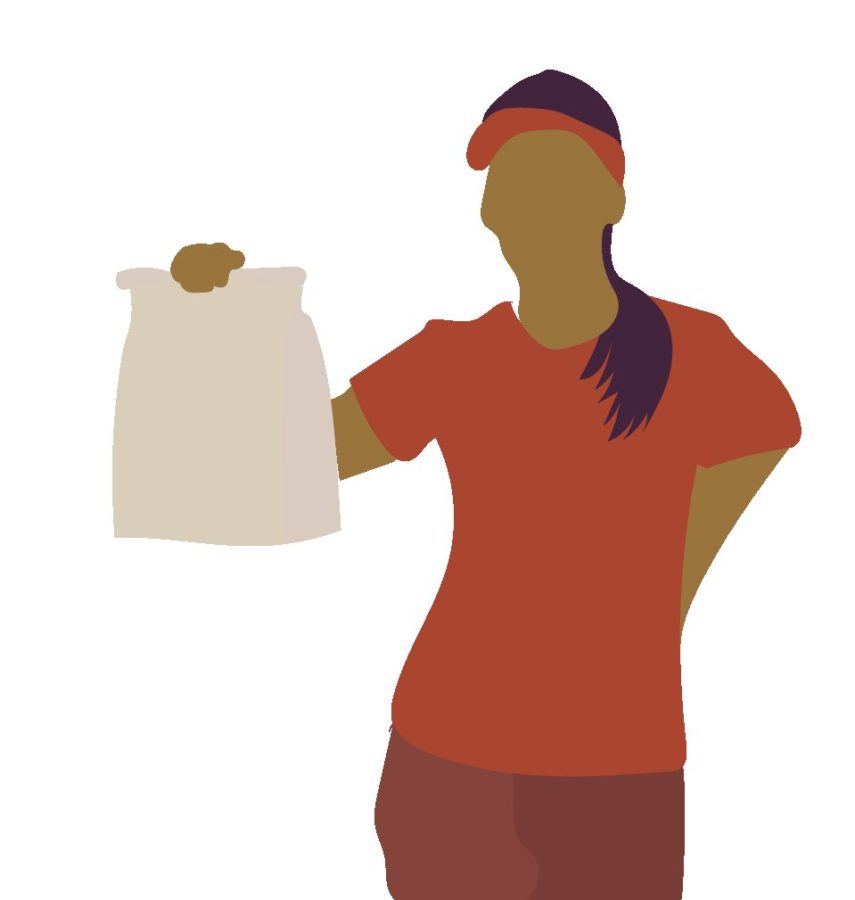Recently, in Waco, Texas, Nelson Santiago quit his job at Wendy’s after being sent a bag of candy from corporate to commemorate their work during the pandemic. If fast-food employees are being treated terribly, working in poor conditions and still being underpaid for their hard work, then they should not be listed as essential employees.
At this point, minimum and low wage workers are making even less than people who receive unemployment checks. There should be some form of hazard pay given to those they call essential employees. Just this week alone, there were several incidents of walkouts and protests from employees across the country because their employers weren’t treating them well.
One of the main reasons employers say fast-food workers are essential is because healthcare workers and truck drivers need places to eat. After working long shifts at the hospital, healthcare workers may not have time to cook or grocery shop. So, with that being the case, why are fast-food workers being paid so poorly and putting their lives at risk for a country that treats them terribly? It makes no sense.
If employers consider fast-food workers essential, then they need to be treated as such. Give them benefits and safety precautions that will keep them safe and, if something does happen, covered. In other words, don’t consider fast-food workers essential if they are going to be treated like expendable workers.
The minimum pay for being an essential employee should also be raised. The current average for minimum wage in the United States is $7.25. Now that being in close proximity to others is considered a danger, fast-food workers deserve hazard pay. However, hazard pay of $15 an hour is just a start to treating these essential workers correctly.
McDonald’s, like Wendy’s, is also coming under fire for poor treatment. Instead of sending all of their employee safety gear at the same time, they only sent it to some, and only then, because it was required by law. During this time, a McDonald’s employee where protective gear was not sent tested positive for COVID-19. Because of McDonald’s poor safety precautions, the other employees could have been potentially exposed to the virus. On top of that, they are still only paying their workers minimum wage. These incidents have sparked non-union workers in California and McDonald’s workers alike to protest, demanding masks, gloves, soap, hazard pay and sick days.
There are plenty of teenagers that work fast-food jobs in this current economy, over 30%. My sister works at Sonic and is considered an essential employee. I don’t feel comfortable with college students being exposed to such an unpredictable virus due to the mistreatment and poor safety precautions given to them by their employers.
Until fast-food employees are treated and paid like they are essential, they should not be subject to these conditions.






























